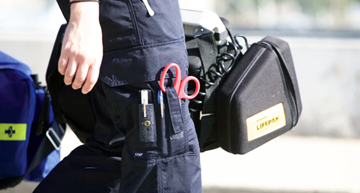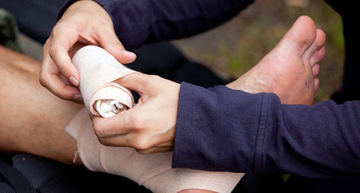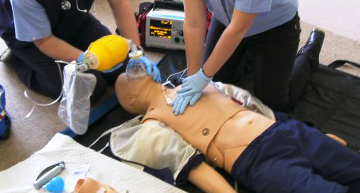
Who needs CPR training?
Many professions need employees to complete a CPR certification course as a requirement for the job as well as certain regulatory mandates. Of course, the medical field often requires both caregivers and often non-medical employees to have CPR certification.
Doctors, nurses and laboratory technicians may be called upon to perform CPR during the course of their duties. HR personnel, secretaries and other non-medical employees may seldom need the skills but may be required to take certification courses in order to work in the hospital.
Other professions that must maintain CPR skills include:
- Police
- Firefighters
- EMTs and other first responders
- Dental technicians
- Personal trainers
- Flight attendants
- Jail and prison personnel
- Lifeguards, etc.
In fact, today most states require public school teachers and day care workers to maintain CPR certification so if a student or teacher is injured, staff members can respond until medical help arrives.















